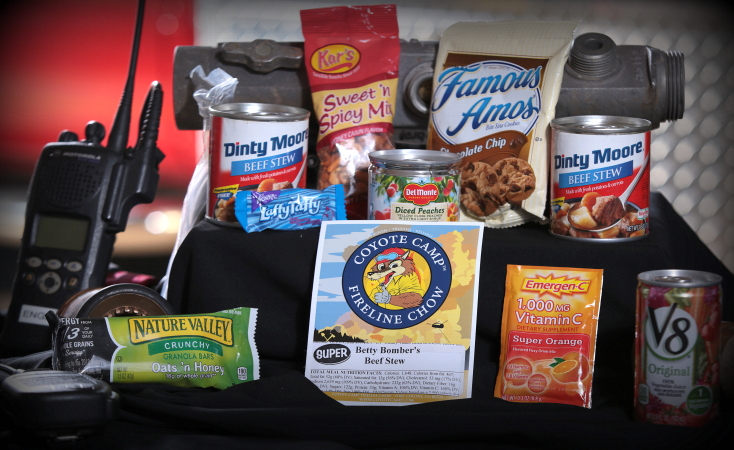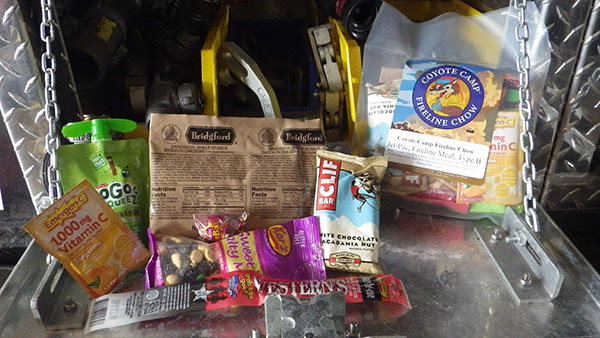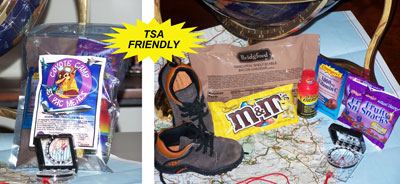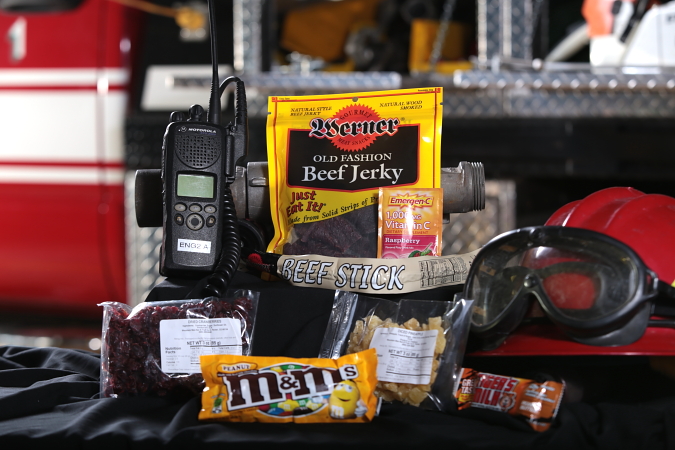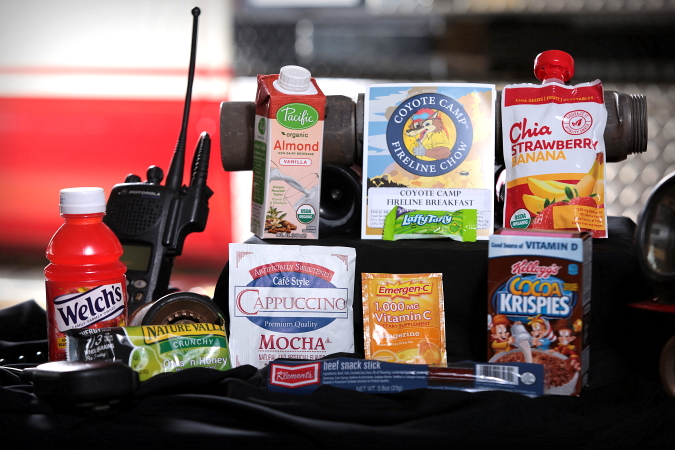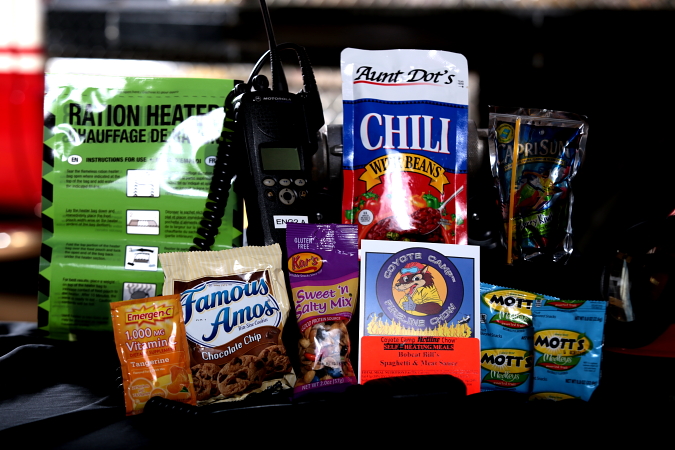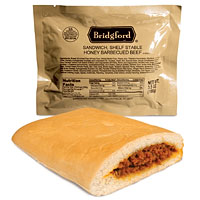
COYOTE CAMP FIRELINE CHOW™
Ready-to-Eat Meals prepared for Firefighters and Emergency Personnel
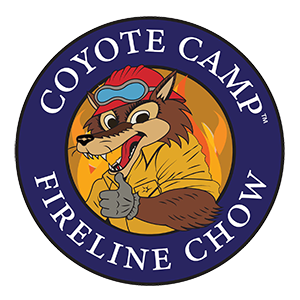
Fireline Meals for firefighters and emergency service professionals
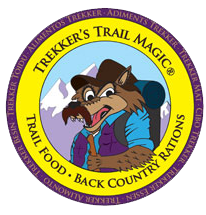
Trekker Meals for Backpackers, Hikers and Cyclists
New Jet Pac Meals!!!
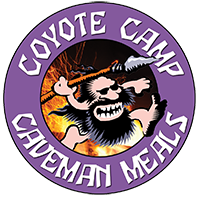
New Caveman Meals

Jet Pac Adventure Traveler Meals
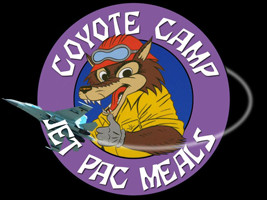
Jet Pac Fire Fighter Meals
For Emergency Service Providers & You!
Optimal for wildland firefighters, structural firefighters, search and rescue personnel, dive rescue personnel, disaster response personnel, as well as hunting, fishing, camping and backpacking.
- Coyote Camp is the Firefighter’s Ready-to-Eat Meal.
- Coyote Camp is the SAR Specialist’s Meal-Ready-to-Eat.
- Coyote Camp is the Disaster Response Team’s Field Ration.
- Coyote Camp is the Sportsman’s and Backpacker’s ideal meal.
- Coyote Camp is the Hurricane Preparedness Ideal Meal.
- Coyote Camp is the Disaster Preparedness Ideal Meal.
Trekkers Trail Magic
Easy Pack. Ready-to-Eat. Nutrient Dense.
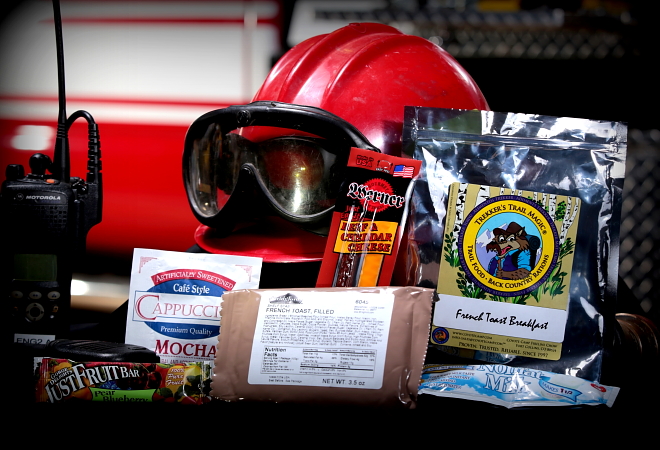
Proud to offer Werner Beef Jerky, Clif bars and Emergen-C Electrolyte Replacement. Take a look at these offerings. Check our prices! We are pleased to further provide for your field nutritional needs with these outstanding products!
Try ‘Em —You’ll Like ‘Em!
Easy Pack. Ready-to-Eat. Nutrient Dense.
Try ‘Em —You’ll Like ‘Em!
Easy Pack. Ready-to-Eat. Nutrient Dense.

